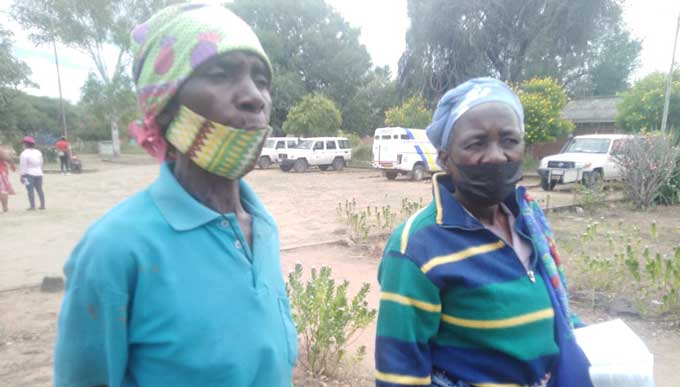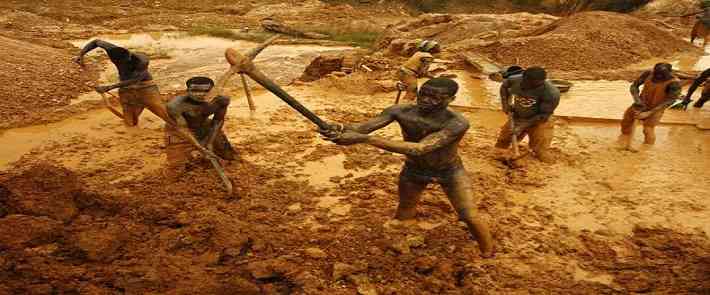
By Moses Mugugunyeki
Communities in Chiredzi rural, on the periphery of the Gonarezhou National Park, have raised alarm over the drought that has hit their area and are appealing for urgent assistance to avert a humanitarian disaster.
Abject poverty, perennial droughts and soaring commodity prices coupled with wildlife-human conflict have become the order of the day in the area, one of the most marginalised in the country.
It is against this background that the Zimbabwe Red Cross Society (ZRCS) with support from the International Federation of Red Cross and Red Crescent Societies (IFRC) has been catering for the humanitarian needs of 3 000 people with food and health interventions over the past four months.
The project is running under the Disaster Response Emergency Fund (DREF).
“The overall objective of this DREF operation is to anticipate and respond to the emerging food insecurities and to improve preparedness of the Chiredzi community to the forecasted hydro-meteorological emergencies in light of the normal-to- above normal rainfall forecast,” said ZRCS secretary general Elias Hwenga.
“The imminent emergency preparedness activities are being complimented by early actions that are aimed at mitigating and minimizing the humanitarian impacts of the lean season and anticipated hydro- meteorological hazards.
“The operation is also now set to provide immediate assistance to address the basic urgent food security needs of food insecure households in Chiredzi after the completion of the beneficiary registration exercise.”
- Chamisa under fire over US$120K donation
- Mavhunga puts DeMbare into Chibuku quarterfinals
- Pension funds bet on Cabora Bassa oilfields
- Councils defy govt fire tender directive
Keep Reading
Hwenga said 600 most vulnerable households (approximately 3,000 people) have been registered to meet their basic needs through cash assistance for a period of four months.
“The food insecurity assistance will be complimented by provision of WASH and health services to the target wards of Chiredzi,” he said.
“The operation has seen the distribution of non-food items which are mosquito nets, PPE and hygiene kits.
He said ZRCS was using an all-inclusive approach to target all the vulnerable groups including women, men, girls, boys, people with disabilities, child headed households, female headed households among others through provision of a comprehensive assistance package from readiness, early actions to emergency response services.
IFRC senior operations officer for Harare cluster, Zambia and Malawi Hillary Dhliwayo Motsiri said they were happy with the progress under the emergency programme in Chiredzi rural.
“This area is one of the most affected by erratic rains and this is just an emergency project where we are giving out cash and rehabilitated 10 boreholes,” Motsiri said.
She said the Red Cross have always been involved in drought relief programmes from the period of the devastating 1982 drought where it was operating in Chivi district.
The DREF operation recruited and trained a total of 40 volunteers to assist in the implementation of interventions on provision of capacity building in the area of cash and voucher assistance, psychological first aid, water and sanitation, community engagement and accountability and protection, gender and inclusion.
One of the beneficiaries, Masiya Tsatsawani, who takes care of three grandchildren, said this year their crops failed due to poor rains.
“I stay with three grandchildren after their fathers went to South Africa for good,” Tsatsawani said. “Our crops were a totally write off.”










